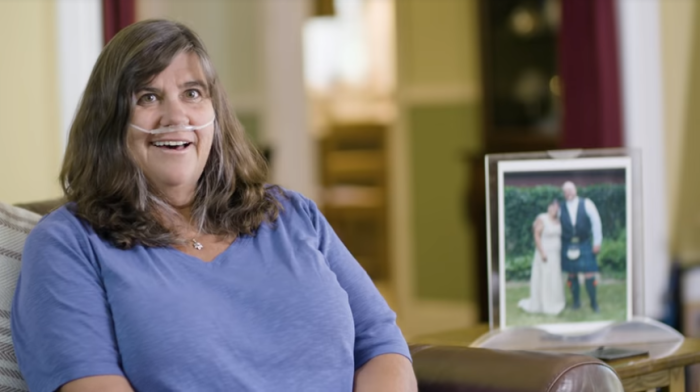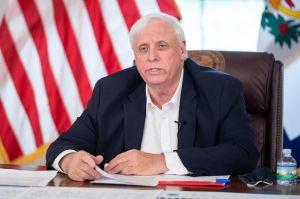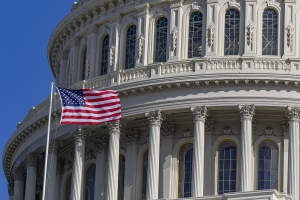Starting Thursday, NJ will allow terminally ill patients to commit suicide with medical prescription

Starting Thursday, New Jersey will become the eighth state in America to allow terminally ill residents to end their lives with a prescription from their doctor and Susan Boyce is relieved.
Boyce, 56, of Rumson and has been diagnosed with an incurable autoimmune disease. She was also part of a team of advocates organized by national nonprofit Compassion & Choices to testify before the N.J. Legislature to help win passage of the state’s “Medical Aid in Dying for the Terminally Ill” law.
“I firmly believe in this law, and I had the ability to speak out, to represent a group of patients who are terminally ill and don’t have the strength,” Boyce told NJ.com.
“This law provides incredible peace of mind to people in my situation, knowing they have this option within reach. It does a lot to counteract the fear and uncertainty about what the end is going to be like, and are you going to be able to stand it.”
While Boyce and other advocates of the law are elated, many in the medical community are still uncomfortable with the idea of ending lives they committed to preserve. There is currently no consensus on physician-assisted suicide according to the American Medical Association which provided opposing perspectives on the practice in May.
“It is understandable, though tragic, that some patients in extreme duress—such as those suffering from a terminal, painful, debilitating illness—may come to decide that death is preferable to life. However, permitting physicians to engage in assisted suicide would ultimately cause more harm than good,” the AMA wrote in a May opinion expressing the perspective of members who oppose the practice.
“Physician-assisted suicide is fundamentally incompatible with the physician’s role as healer, would be difficult or impossible to control, and would pose serious societal risks. Instead of engaging in assisted suicide, physicians must aggressively respond to the needs of patients at the end of life,” it continued.
In the opinion supporting the moral basis for assisted-suicide, the group encouraged physicians who opposed the practice to, among other things, be clear with patients about what services they cannot provide in good conscience.
“In general, physicians should refer a patient to another physician or institution to provide treatment the physician declines to offer. When a deeply held, well-considered personal belief leads a physician also to decline to refer, the physician should offer impartial guidance to patients about how to inform themselves regarding access to desired services,” the AMA noted.
Larry Downs, executive director of the Medical Society of New Jersey told NJ.com that: “While it’s legal, the profession is not there yet. It’s not appropriate for doctors to engage in anything that hastens death.”
On Sept. 15, according to The New York Times, Maine is expected to become the ninth state to allow physician-assisted suicide joining New Jersey, Oregon, Washington, Vermont, Montana, California, Colorado and Hawaii, as well as the District of Columbia.
Each of these states, except Montana, have used legislation in Oregon, which became the first state to allow physician-suicide in 1997, as a model. The laws require a terminally ill patient to see two doctors, make two oral requests for a lethal prescription plus one in writing, and face a 15-day waiting period.
The laws also require states to track usage and publish statistics. Data so far have not shown significant usage, the Times reported.
In California, for example, just 632 people made the necessary two verbal requests to a physician in 2017 and 241 doctors wrote prescriptions for 577 patients. This was a small fraction of the more than 269,000 Californians who died that year.
Kim Callinan, chief executive of Compassion & Choices suggested to the Times that even though it’s legal for terminally ill patients to choose death by prescription, the laws make it difficult for them to do so.
“There’s too many roadblocks in the existing legislation,” she said. “They’ve actually made it too difficult for patients to get through the process.”
Christians generally oppose euthanasia and assisted suicide because the actions are considered serious violations of the prohibition against murder and self-murder, even in cases where those individuals consent or otherwise signal their willingness to die as in cases of voluntary euthanasia.





























